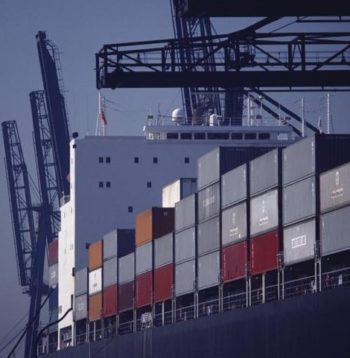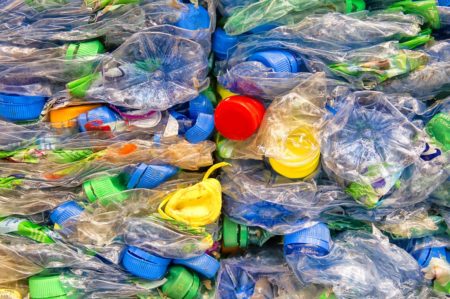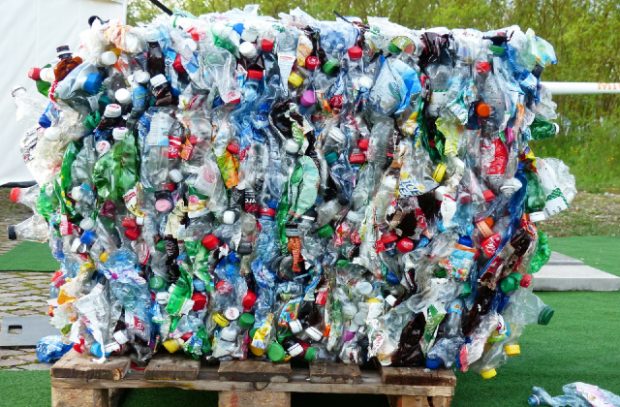There was ‘little good news’ for plastics recyclers in 2020 and the market looks set to remain challenging going into next year, some in the industry have warned.
While prices for scrap material are expected to slightly harden this month, on the back of higher transitional PRN prices, recyclers have pointed to incoming changes to the Basel Convention which threaten to cause disruption to waste plastic exports from January 2021.
This follows a year in which the sector has struggled with low virgin plastic prices, plummeting PRN price support, falling demand from export destinations and reduced demand for finished products driven by the pandemic.
The bright spots are the upcoming plastics tax which is set for 2022, and that the government is supporting a number of domestic plastics recycling projects.
In the short-term at least, however, there is considerable concern in the plastics recycling marketplace. “The market is stable but it is still terrible and there is no good news for next year,” one recycler told letsrecycle.com. “The changes will drive prices to the negative.”
“There could be a glut of material after Christmas followed by a shortage of outlets due to difficulty in exporting it in the short term,” another predicted, “meaning that UK reprocessors may find themselves swamped with material.”
Basel Convention
The Basel Convention is the international treaty governing waste shipments between nations. Changes (see here) have been introduced which will see new requirements around plastic waste coming into force on January 1. This will see some plastic waste types that are currently exported under ‘green list’ procedures have to be notified, involving more time and complexity.

Some warned that changes to the Basel Convention could make plastic exports harder and see low quality material incinerated
Meanwhile, under Brexit, there will also be new arrangements for the movement of waste between the UK and the EU. The UK is likely to be treated as any other OECD country or other country party to Basel convention that intends to export waste to an EU country.
One recycler said: “The Basel Convention and Brexit changes will make export more difficult and some lower grade material could consequently end up in incineration. It may improve quality and drive investment in UK reprocessing, but I think in the short term it will have a negative impact.”
PRNs
Many in the sector are also predicting that the price of PRNs – Packaging Waste Recovery Notes – will remain low in 20201, despite Defra last month announcing an increase in the plastic packaging recycling target from 57% in 2020 to 59% in 2021 and 61% in 2022.
This is because there is expected to be a large carry over of PRNs from 2020 into 2021, reducing demand next year. There is also expected to be a reduced obligation for producers as this is based on reduced market activity in 2020, effectively counteracting the target increase.
PRNs are recycling evidence which packaging producers must buy under producer responsibility legislation, providing price support for recycling.
Prices for plastics PRNs have already fallen from highs of £275-350 a tonne in February to just single figures last month, on the back of high reported recycling levels. These levels have been questioned by some in the sector amid questions over possible fraud.
PET
As winter has hit, the economics of plastics recycling have been tested further as demand for end products has continued to suffer and recyclers continue to struggle to compete with low virgin plastic prices. The market has also been impacted by reduced demand for material from Turkey, which has traditionally been a big off taker for material but which announced plans in September 2020 to cut imports by 50%.

PET-bottles have been hit as more people stay at home, at a time when household capture rates have risen
“There is a lot of nervousness due to the pandemic about the winter so people are not spending money,” one commentator said. “Turkey has also had a big impact.”
One material which has been particularly hit in recent months is PET, the plastic used for most drinks bottles.
The seasonal drop-off in demand for this material in the colder months has been reportedly been exacerbated by people staying at home even more then usual during the second English lockdown.
“PET is on its backside,” said one recycler. “No-one is buying drinks on the go as they are not going out so it is creating a double whammy effect. We are also capturing more because people are at home so there is an oversupply.”
Future
Despite ongoing challenges, however, there is hope of a bright future for the industry, with the advent of the plastics tax in April 2022, extended packaging producer responsibility and increasing environmental measures both at home and abroad expected to drive up demand for material.
This has been signalled in recent months by many big brands such as Unilever securing long-term supply contracts for recycled plastic material and, in the last two weeks, by plans being announced by Indorama Ventures for new capacity in France and Poland to recycle ten billion PET bottles per year by 2023.
“The plastics tax can’t come soon enough,” one recycler told letsrecycle.com. “Navigating this year through unchartered waters has been a struggle.”
From January 2021, a price for Natural PET is set to be added to the letsrecycle.com plastics pricing index in response to demand from industry. If this is a material you handle and you would like to feed into the index, please email caelia.q@letsrecycle.com.
The post Plastics recyclers reflect on challenging year appeared first on letsrecycle.com.
Source: letsrecycle.com Plastic



